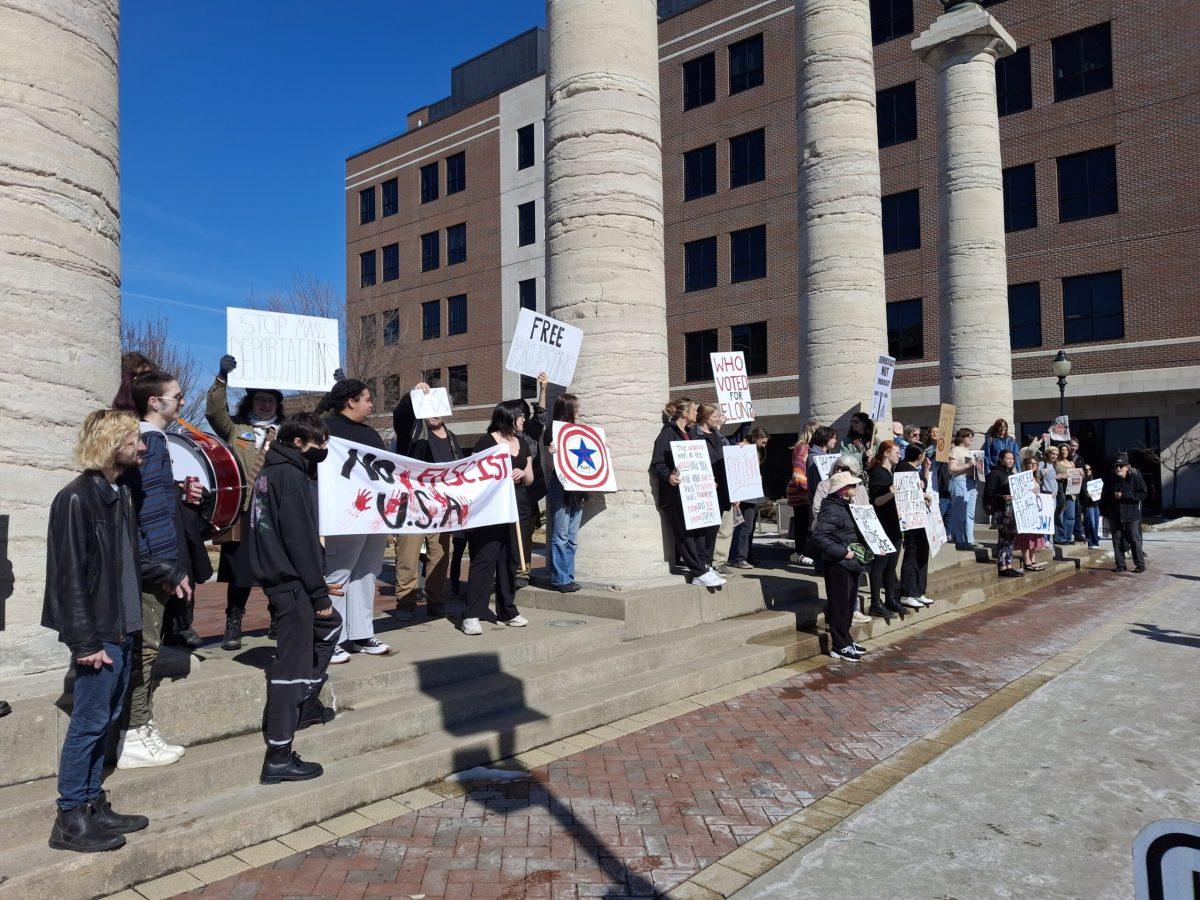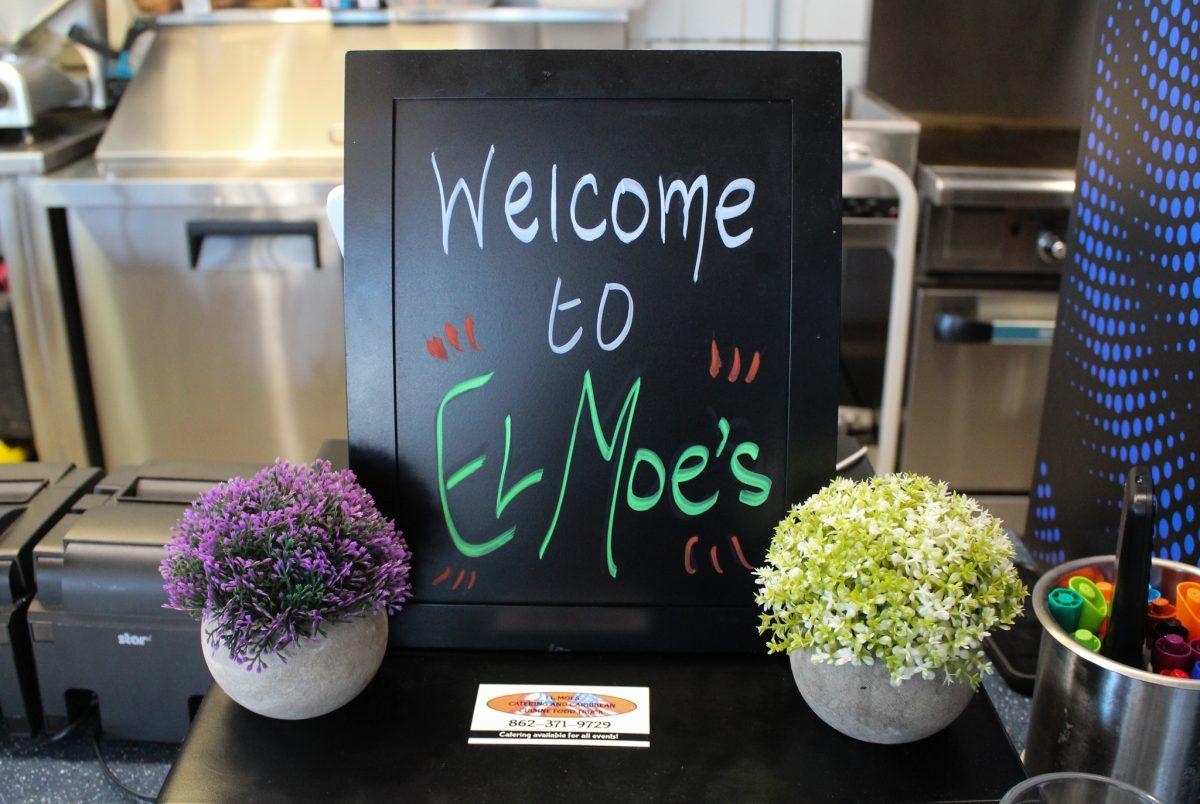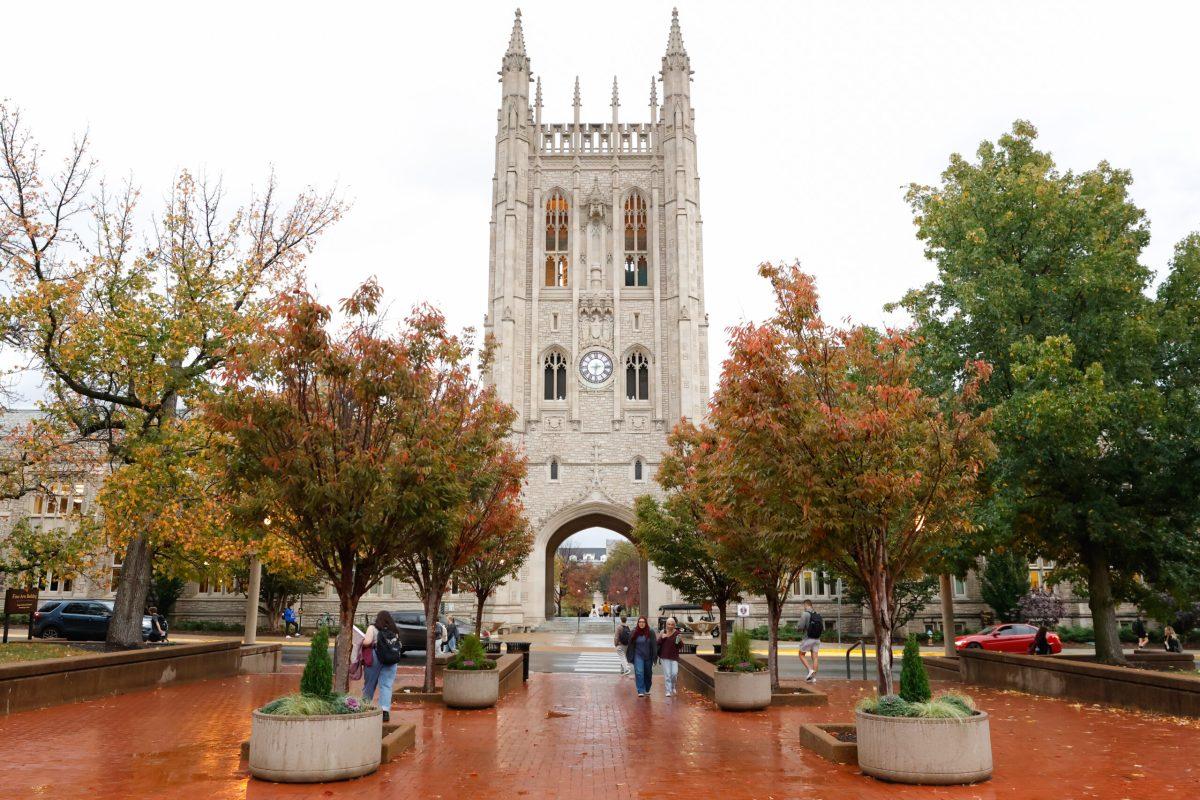Leadership, academics, brotherhood and service are the four key tenets of Phi Kappa Theta, an MU fraternity that celebrated its 100th year on campus this August. Members say these guide the manner in which the fraternity operates, in contrast to typical stereotypes of such organizations.
Senior Joshua Harmon did not intend on joining a fraternity at MU because he thought fraternity life would not align with his goals or his personality. However, he was drawn to the inclusivity of Phi Kappa Theta, specifically what it offered to people who, like him, thought Greek life did not have a place for them.
“I saw Phi Kap as an opportunity to maybe help those people transition out of high school into college, and instead of having adverse effects, it would actually make them better people,” Harmon said. “Instead of having meetings about what ragers we can throw, the majority of what we spend our time working on are things like inclusion, things like academics, brotherhood, leadership, service.”
Phi Kappa Theta was named the No. 1 MU fraternity in terms of academic standing for the 2021-22 academic year. The group’s 3.55 chapter GPA is incentivized by academic scholarships for high GPAs, according to the Phi Kappa Theta president, senior Jorge Pizarro. Members also have access to professional development programs, which include various resume-building activities, mock interviews and alumni panels, according to the Phi Kappa Theta website.
“Honestly, when I came to Mizzou I was super against Greek life,” sophomore Felix Labrador said. “I just hated fraternities. I did not want to be in a fraternity. I did not want to associate with fraternities.”
Labrador, who pledged last spring, said he discovered that Phi Kappa Theta shared his values and also opposed aspects of Greek life he thought were harmful.
When evaluating candidates, Phi Kappa Theta often seeks out students who were not planning on joining fraternities, according to Harmon.
“We try and find freshmen, sophomores and sometimes even juniors that are good guys and then convince them to join a fraternity,” Harmon said. “If someone comes in and they’re kind, we can work a lot with that. It’s a lot harder to teach that.”
Potential members, called “candidates,” have a 10-week trial period during which they can leave at any time, according to the chapter president.
If candidates choose to pledge to Phi Kappa Theta after the 10-week trial period, Pizarro said they pay a $175 initiation fee, a $150 social fee and an additional $250 per year for general expenses. Living in the fraternity house, which is not required, costs $6,400 per school year. These fees are determined by the fraternity in the spring and announced to potential recruits by mid-July to promote transparency. Pizarro said the fraternity aims to keep the cost of living in a fraternity comparable to on-campus housing. Activities during the recruitment process are paid for with the fraternity’s general funds, so members pay nothing until they officially pledge. Phi Kappa Theta also aims to distinguish itself from other fraternities by reducing the cost of membership, according to Pizarro.
Phi Kappa Theta’s treasurer, sophomore Mohemin Murdeza, said he is flexible with members’ payment plans. Members have the option to pay their fees in installments throughout the year or delay payment. Additionally, Murdeza said many Phi Kappa Theta members are hardworking and pay fraternity fees using funds from their jobs.
These members also participate in community service events hosted by the fraternity.
“There’s a big stigma around fraternities — whether or not that’s deserved — that they are very self-looking,” Harmon said. “A lot of fraternities are built around the aspects of serving yourself.”
Labrador said he appreciates the community service opportunities in Phi Kappa Theta because they encourage expending effort both outward into the community and inward for self-improvement.
“I feel like frats are kind of like feedback loops … and there’s no internal reflection,” Labrador said.
Resistance to these stigmas is central to leaders in Phi Kappa Theta’s philosophy. The fraternity’s official motto is “Give, expecting nothing thereof,” and members are thus required to complete 20 service hours per semester. Phi Kappa Theta’s service chair organizes events partnered with Habitat for Humanity, Association of Latin@ American Students and Little Sisters of the Gold Rose. Phi Kappa Theta also hosts weekly roadside cleanups.
“We always make sure we have a service chair that cares deeply about service and isn’t just doing it to fill an [executive] position,” Labrador said.
Last school year it had about 20 active members, who completed over 1,100 service hours in total. Currently, Phi Kappa Theta is partnered with Sigma Kappa and Sigma Phi Epsilon to conduct a book drive for Columbia Public Schools. They are collecting books at the Sigma Phi Epsilon house until Sept. 26. and aim to collect 3,000 books.
“I think we’ve helped to make an impact and break some stigmas on campus,” Harmon said. “I think we’ve helped increase inclusion in Greek life. I think we’ve helped more people feel like they can have a home in Greek life through Phi Kap.”
Edited by Zoe Homan | [email protected]












